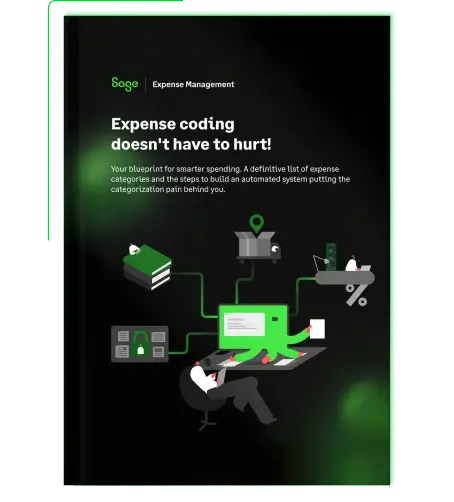 4.6/51670+ reviews
4.6/51670+ reviewsFor churches and religious organizations, inviting guest speakers, visiting pastors, or special musicians is a common way to enrich worship services and special events. The payments made to these individuals, often called honorariums, are a necessary expense for providing these services to the congregation.
While these payments are a legitimate operational cost, church administrators and treasurers must understand their tax implications. These payments are considered compensation for services, and the church has specific tax reporting responsibilities. This guide will clarify how to categorize these honorariums and the important IRS rules you must follow.
The honorariums or fees you pay to guest speakers, visiting clergy, or musicians are an ordinary and necessary operating expense. These costs are generally categorized based on who is providing the service:
For a church, these are program-related expenses that support its worship and community activities.
The most critical factor in handling these payments is correctly classifying the individual as a non-employee (independent contractor) and fulfilling the associated tax reporting requirements.
It is essential to distinguish between a guest speaker and an employee.
This is a mandatory compliance step. The principles outlined in IRS Publication 334 apply here. If you pay an individual (who is not your employee) $600 or more during the year for their services, you are required to report these payments to the IRS and the individual by filing Form 1099-NEC.
As detailed in IRS Publication 517, fees received for performing ministerial services (such as preaching) are considered earnings from self-employment for the recipient. The guest speaker or musician is responsible for paying their own income and self-employment taxes on this income.
To properly account for honorariums, you must report them correctly and maintain thorough documentation.
While the provided documents focus on for-profit tax forms, churches and other tax-exempt organizations have their reporting requirements (such as the Form 990 series). On these forms, honorariums are reported as a program expense. The key tax implication for the church is the requirement to file Form 1099-NEC for payments of $600 or more.
You must have documentary evidence to substantiate all payments. Your records should include:
Sage Expense Management helps you manage and document payments to guest speakers and musicians, ensuring every honorarium is captured and ready for tax reporting.





